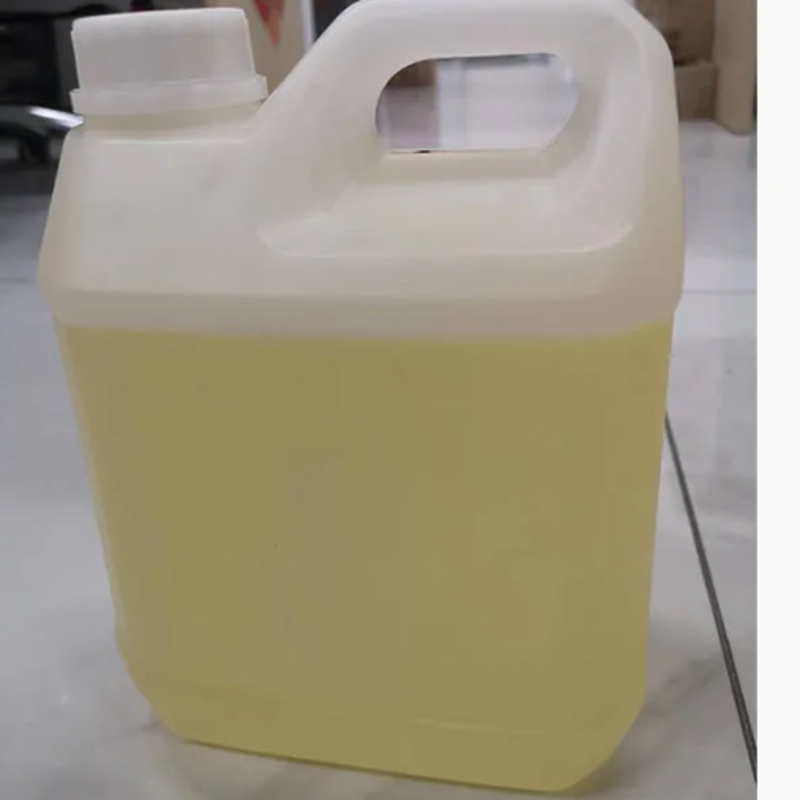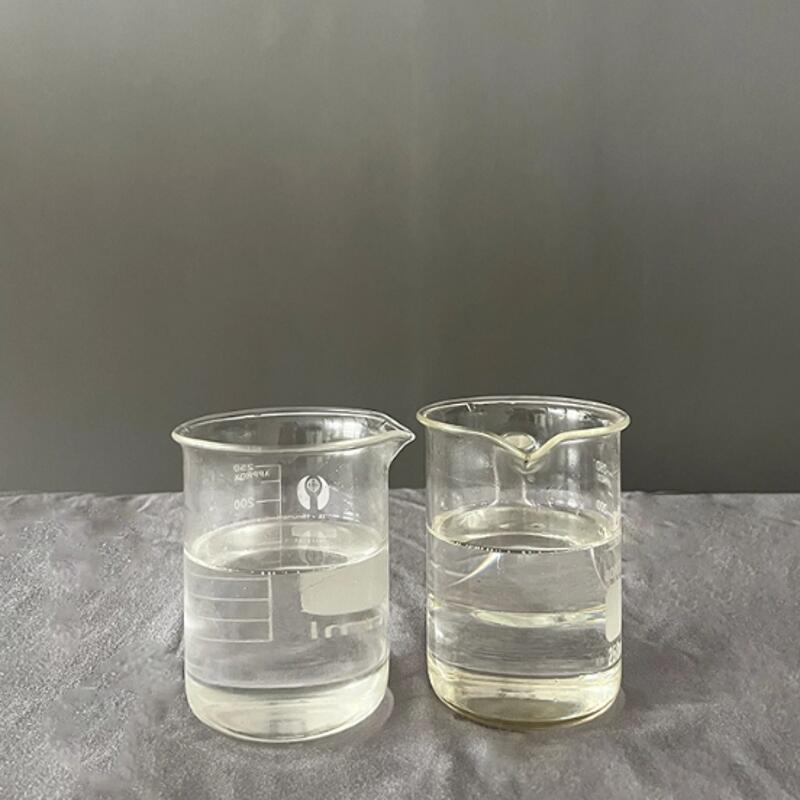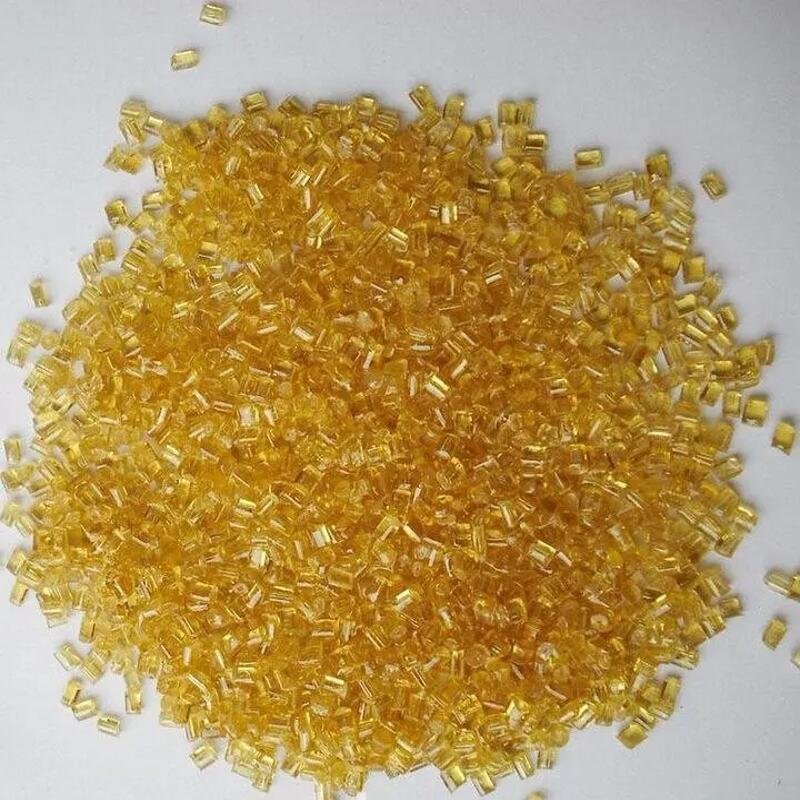-
Categories
-
Pharmaceutical Intermediates
-
Active Pharmaceutical Ingredients
-
Food Additives
- Industrial Coatings
- Agrochemicals
- Dyes and Pigments
- Surfactant
- Flavors and Fragrances
- Chemical Reagents
- Catalyst and Auxiliary
- Natural Products
- Inorganic Chemistry
-
Organic Chemistry
-
Biochemical Engineering
- Analytical Chemistry
-
Cosmetic Ingredient
- Water Treatment Chemical
-
Pharmaceutical Intermediates
Promotion
ECHEMI Mall
Wholesale
Weekly Price
Exhibition
News
-
Trade Service
Saudi Basic Industries Corporation (SABIC) recently released its financial results for the third quarter of 2020
.
The company's earnings before interest, taxes, depreciation and amortization (EBITDA) for the quarter was 5.
67 billion riyals ($1.
51 billion), up 62% quarter-on-quarter and down 26% year-on-year
.
The company’s operating income for the quarter was 2.
10 billion riyals ($560 million), higher than the previous quarter (loss of 1.
26 billion rials, or $340 million) and lower than the same period last year (3.
79 billion rials, 10.
1 billion dollars)
.
The company's net income for the quarter was 1.
09 billion riyals ($290 million), up from a net loss of 2.
22 billion riyals ($590 million) in the previous quarter and up from 740 million riyals a year earlier ($200 million) in net profit
.
Economic recovery and rising oil prices boost performance
Economic recovery and rising oil prices boost performanceYousef Al-Benyan, SABIC's Vice Chairman and Chief Executive Officer, attributed the company's third-quarter performance to SABIC's resilience in the current challenging economic environment
.
He said: “This quarter, the positive factors we experienced mainly included improved economic activity and higher oil prices on product prices
.
Our global supply chain has successfully withstood the challenges of the global economic environment, and the company's business and operations have shown extraordinary resilience, which in turn supports our sales and profit margins
.
SABIC, now the chemical engine of Saudi Aramco, also officially launched related synergies and integration this quarter to support the long-term growth of the business and create more value for shareholders
.
Talking about the synergistic integration of the two companies, Al-Bayyan added: "SABIC and Saudi Aramco's product portfolios complement each other
.
Both companies are global companies with the same deep understanding of global markets
.
They share common values.
, we are bound to start a new journey together
.
”
Continue to advance sustainable solutions
Continue to advance sustainable solutionsDuring the third quarter, SABIC continued to advance collaborative relationships with partners and launch sustainable solutions
.
In September of this year, Saudi Aramco, SABIC and Japan's Institute of Energy Economics jointly completed the production of blue ammonia and achieved the world's first shipment of the product from Saudi Arabia to Japan
.
SABIC has also reached another major milestone with the successful agreement with Iberdrola, a leader in the Spanish energy industry, to build its polycarbonate plant in Cartagena, Spain, into the world's first fully A large-scale chemical production base that operates on renewable energy
.
In September, SABIC launched a new attempt with Tesco, the UK's leading supermarket chain, to prove that soft plastics, which are often regarded as waste, can be converted into new food-grade plastics after repeated recycling.
closed-loop process of the circulatory system
.
As part of the company's global corporate social responsibility (CSR) program, SABIC continues to play a pivotal role in empowering the world to overcome the COVID-19 pandemic
.
So far, SABIC has implemented 191 CSR projects in 22 countries around the world, and plans to benefit more than 32 million people around the world
.
In Saudi Arabia, SABIC's NUSANED project not only strongly promotes the development of local industries, but also further strengthens SABIC's localization process
.
Recently, SABIC also signed a joint venture agreement worth 37 million riyals focused on the production of sustainable wood-plastic composites
.







